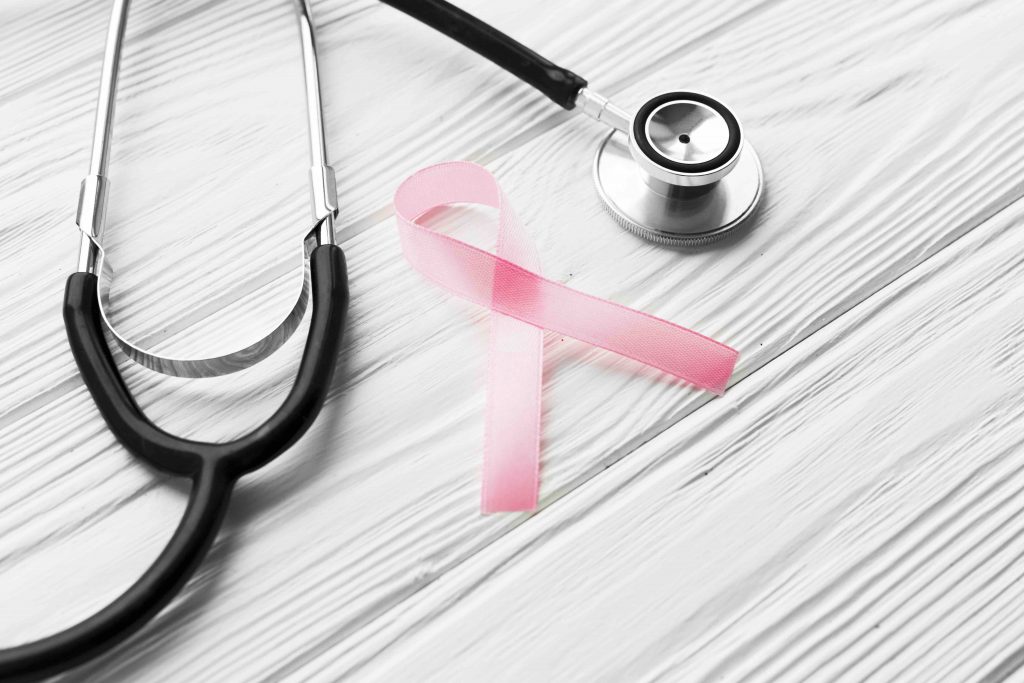
The OncotypeDX 21 gene essay (Genomic Health) is becoming a popular tool aiding treatment decisions for patients with breast cancer.
Intriguing research by Woodward et al (JAMA Oncology) is providing some evidence that OncotypeDx may be prognostic for loco-regional disease recurrence (LRR). The conclusions are based on retrospective analysis of 316-patient cohort of post-menopausal women with estrogen- (ER) or progesterone- (PR) receptor positive, node-positive breast cancer from Southwestern Oncology Group S8814 (a randomized Phase 3 study comparing chemotherapy and tamoxifen regimens). Specifically, 5.8% (7/121) patients with low RS (<18) vs 13.8% (27/195) with intermediate-high score (≥18), had LRR over an average of 8.7 years of follow-up. The RS was a significant predictor of the LRR (hazard ratio = 2.36, p-value=0.04) based on a Cox proportional hazards model that adjusted for key prognostic variables. A numeric association continued to be present in a subset of 165 patients with 1-3 node involvement who underwent mastectomy without radiotherapy: with the actuarial 10-year LRR rates equal to 1.5% in the low risk group, and 11.1% in the intermediate-high risk group. If supported by further evidence, the results suggest that in the low recurrence risk group with 1-3 positive nodes, radiotherapy may not be necessary.
The study findings and the interview with Dr. Woodward, the chief of the clinical breast radiotherapy at MD Anderson, were also reported by Genome Web.
While conclusions of this research are based on small patient and event numbers and are subject to expected limitations associated with retrospective real world data collection and evolving nature of the disease treatment paradigm, they make it exciting to anticipate results of ongoing clinical trials and prospective studies that are assessing prognostic value of the genomic information for LRR, including:
TAILOR RT (Regional Radiotherapy in Biomarker Low Risk Node Positive Breast Cancer)
PRECISION (Profiling Early Breast Cancer for Radiotherapy Omission)
IDEA (Individualized Decisions for Endocrine Therapy Alone)
LUMINA (A Prospective Cohort Study Evaluating Risk of Local Recurrence Following Breast Conserving Surgery and Endocrine Therapy in Low Risk Luminal A Breast Cancer)
